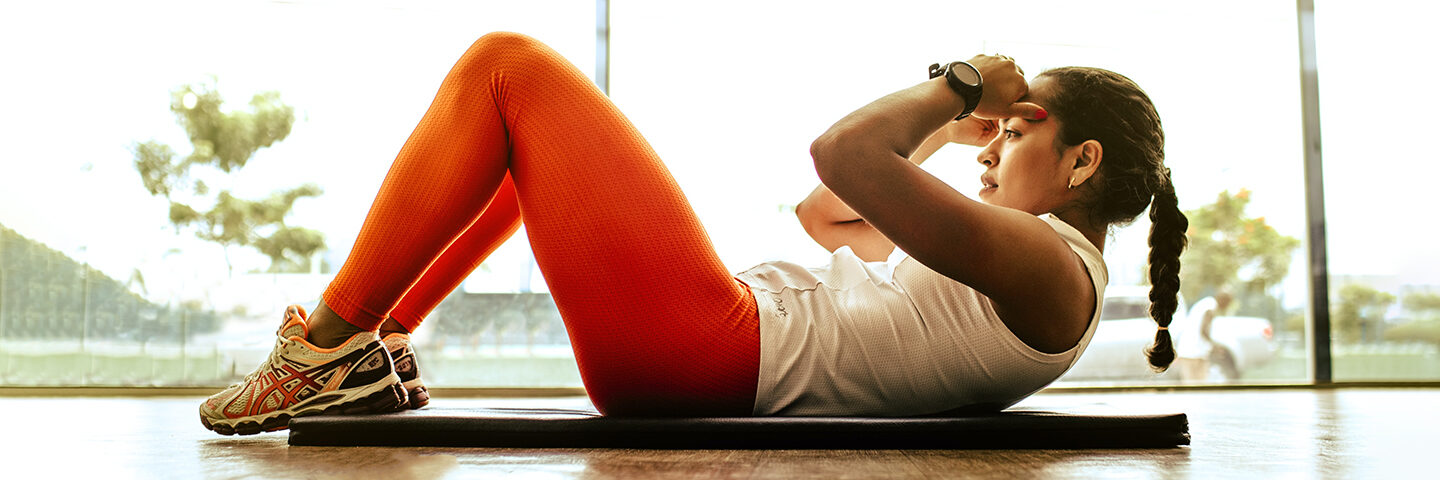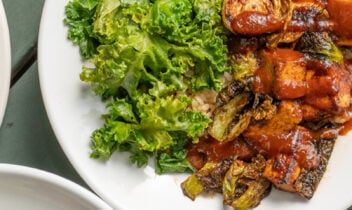
Top 10 Health Tips For Sports Nutrition
Athletes are capable of amazingly high levels of energy output, but those extra calories should come from wholesome, nutritious foods. Eat just enough to maintain a healthy weight and optimize exercise performance. Banish the excuse to eat “anything” because you are an athlete!
- Emphasize a Healthy Diet Pattern: The foundation for sports nutrition starts with a healthy diet pattern. The basic premise is that nutrient needs should be met through healthy whole foods.
- Hydrate with Water: Drink water before, during and after intense exercise to prevent dehydration. In an endurance event drink 0.5-2 cups water every 10-15 minutes.
- Protein from Food: Adequate protein can be met through food alone without the use of supplements. Most people require about 0.36 grams protein per pound body weight. Fish, poultry, beans, nuts and yogurt are good sources.
- Energize with Carbs: Carbohydrates are the main fuel for working muscles. Dole research shows bananas are a top fuel for exercise. Eat bananas before, during and after exercise as needed for energy. Other healthy carbohydrates include most fresh and dried fruits, whole grains, pasta and potatoes.
- Keep Fat Intake Moderate: Athletes need the same amount of fat as the general public. To meet the total fat recommendation of 20-35 percent of calories, most dietary fats should come from sources of polyunsaturated and monounsaturated fatty acids.
- Maintain Energy Balance: Maintaining your calorie balance over time to achieve and sustain a healthy weight is important to athletic endeavors. Consume enough calories from healthy foods and beverages to meet the extra energy demands of your daily exercise program.
- Plenty of Produce: The flavonoids from the consumption of a wide variety of colorful fruits and vegetables can soothe inflammation and lessen muscle damage, oxidative stress and soreness.
- Importance of Iron: Iron helps get oxygen to muscles. Good plant-based sources are beans, lentils, pumpkin seeds, spinach, and potatoes. Ensure efficient absorption of plant-based iron by consuming these foods with foods high in vitamin C.
- Electrolyte Balance: Sodium, potassium, and other electrolytes are easily obtained in a healthy diet. There is no need for a supplement unless you are an ultra-endurance athlete where electrolyte loss from sweating is excessive.
- Pre- and Post-Workout Snacks: Snack size depends on exercise intensity and duration. Eat low fiber, non spicy foods. Post-workout, eat 4:1 grams carbohydrate to protein, like a medium banana with 2tbsp peanut butter.


